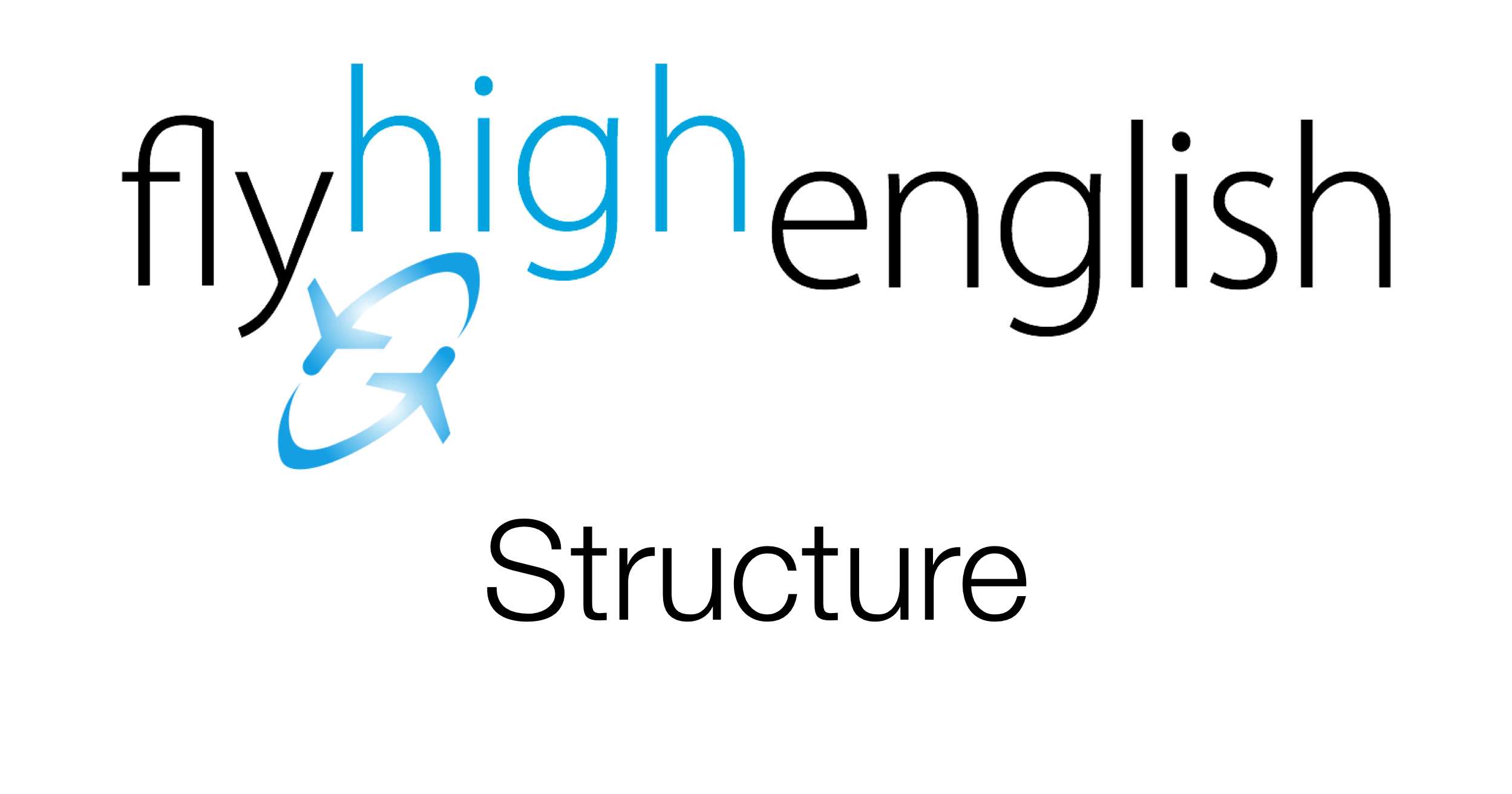
Form: be + going to + infinitive verb.
It’s necessary to conjugate the verb ‘be’ in the present simple form (I am, you are etc…) and then use ‘going to + infinitive verb. The infinitive verb should be your main verb in this form.
Use 1: talk about future plans which you thought about before you speak.
eg 1: I’m going to meet a friend tomorrow.
Use 2: to talk about future predictions when you’re sure about the prediction.
eg 2: The company is going to hire some new pilots next year.
Take a look at the diagram below for more information, then practice some sentences yourself. It’s also useful to go back and check out using the future simple (will + infinitive verb) and try to clarify the differences for yourself.

Follow us on Twitter here or Facebook here for more great content!





